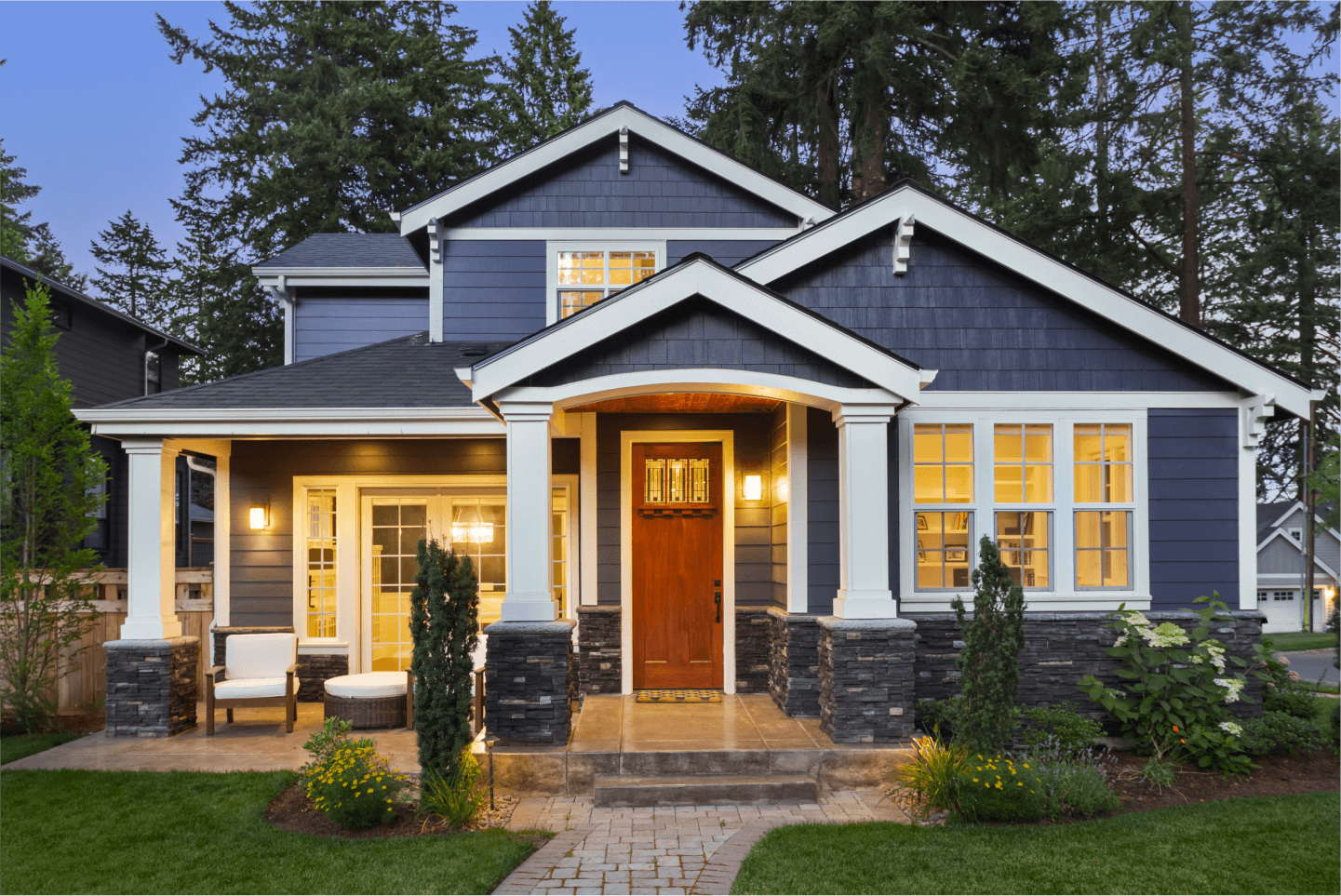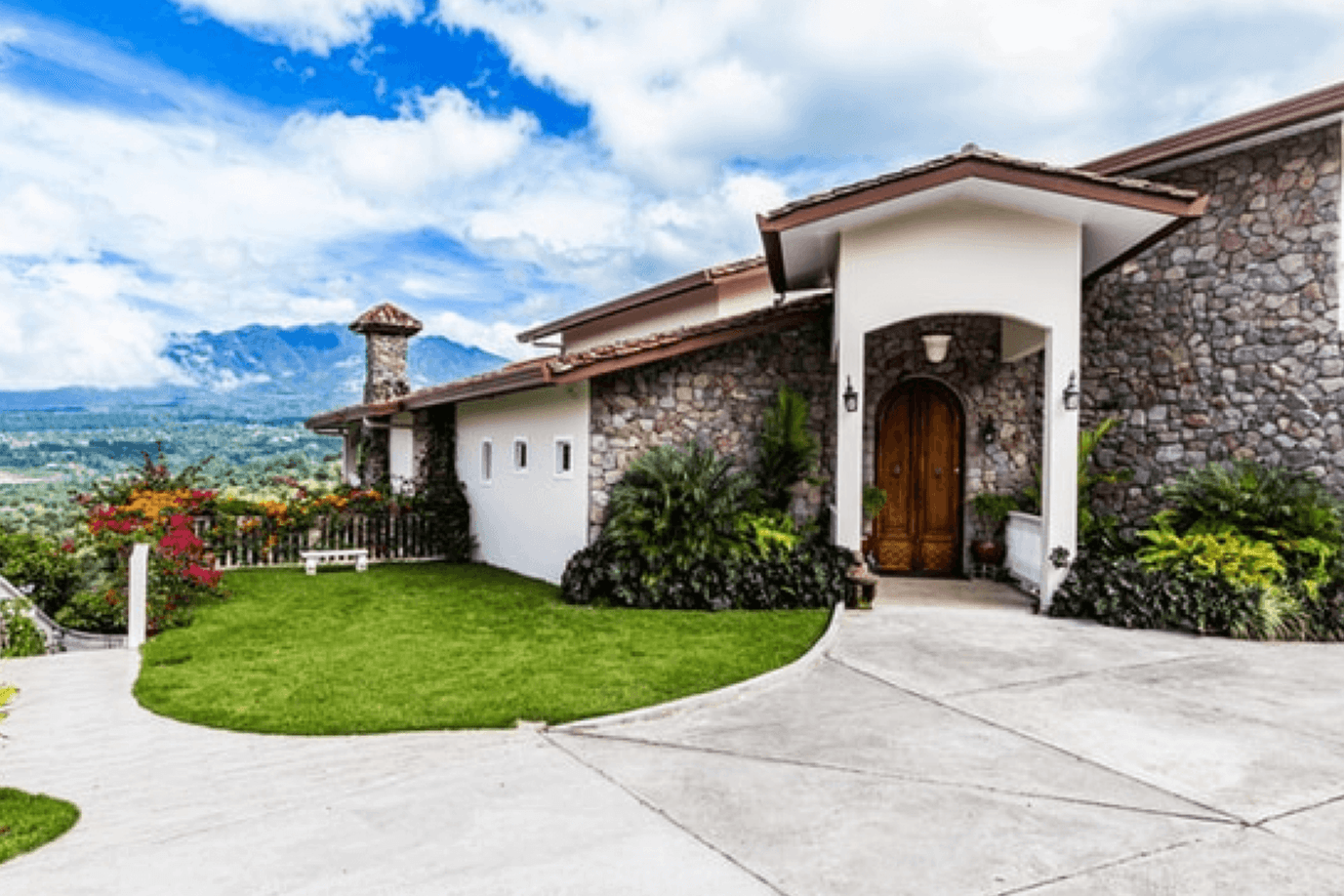Conventional
Home Loan
Vision Home Mortgage is offering Conventional Loans in Nevada
Conventional loans are one of the most common types of mortgage options available to home buyers, providing a reliable way to finance your new home. These loans are not backed by the government, which means they typically have more strict credit and income requirements compared to government-backed loans.

Exploring Conventional Loans
Conventional loans generally require a minimum credit score and a down payment, making them suitable for buyers who have a stable financial background. With options for fixed or adjustable rates, these loans offer flexibility to fit your financial situation and long-term goals. Understanding the key features of conventional loans—such as eligibility requirements, down payment amounts, and potential benefits—can help you navigate the home-buying process with confidence. If you’re ready to explore your options or have questions about how a conventional loan can work for you, our team is here to help!
There is a little more to the down payment requirements for conventional loans than there are for government-backed loans such as FHA, VA, and USDA. Down payments for conventional loans can vary and depend on whether you are a first-time homebuyer as well as the way the property will be occupied.
Primary Residence
The down payment for a first-time homebuyer is as little as 3%. If you are not considered a first-time homebuyer then the required minimum down payment is 5%. Both the 3% and 5% options require that the property is occupied as a primary residence.
Second Home/Vacation Home
The down payment required for a second home, also known as a vacation home, is 10%.
Investment Home
The down payment required for an investment home is as low as 15%, but a 20% - 25% down payment is more standard due to interest rates on investment properties being expensive with smaller down payments.
It is important to not that you can put down as big of a down payment as you would like, as long as you meet the minimum loan limit set by the lender.
Conventional Credit Requirements
To qualify for a conventional loan, you typically need a minimum FICO score of 620. While this is the baseline, some lenders may ask for a higher score to reduce their risk. A better credit score can improve your chances of approval and may lead to better loan terms. Vision Home Mortgage accepts FICO scores down to 620 for conventional loans.
Ability To Repay Requirements
The Ability to Repay rule requires lenders to verify that you have enough income, assets, and a stable employment history to afford your mortgage and repay the loan over time. For conventional loans, your housing costs—such as mortgage payments, property taxes, insurance, and any homeowners association (HOA) fees—should be no more than 45% of your monthly income. Additionally, your overall debt-to-income (DTI) ratio, which includes all monthly debt obligations, should not exceed 50%. Meeting these requirements helps ensure that you can comfortably manage your mortgage payments and maintain financial stability.
Conventional loan limits refer to the maximum loan amounts that can be borrowed under conventional mortgage guidelines. These limits are set by the Federal Housing Finance Agency (FHFA) and can vary based on the location of the property, as housing markets differ across the country.
As of now, our lenders are honoring the 2025 loan limit of $806,500. The standard limit for conforming loans is adjusted annually, taking into account changes in the housing market. In most areas, this limit allows borrowers to finance a wide range of homes without needing to secure a jumbo loan, which often comes with stricter requirements and higher interest rates.
In high-cost areas, where home prices are significantly above the national average, the loan limits can be higher. This flexibility helps ensure that home buyers in various markets can access affordable financing options.
To learn more about to maximum loan limits in your area, visit Fannie Mae Loan Limits.
Private Mortgage Insurance, or PMI, is often required for conventional loans when a borrower makes a down payment of less than 20% of the home's purchase price. PMI protects the lender in case the borrower defaults on the loan, allowing more people to qualify for home financing even with a smaller down payment.
Costs of PMI
PMI costs can vary based on the size of your down payment, your credit score, and the lender's policies. Typically, this cost is added to your monthly mortgage payment, which means you'll pay PMI until you reach a certain equity threshold in your home.
How to Avoid PMI
If you can make a down payment of 20% or more, you can avoid PMI altogether. Additionally, some lenders offer special programs that allow for lower down payments without PMI, so it's worth exploring your options.
Canceling PMI
Once you build enough equity in your home—usually when your loan-to-value (LTV) ratio drops to 80%—you can request to have PMI removed. Many lenders will automatically cancel PMI when your LTV reaches 78%, but it's essential to check your lender's policy and keep track of your home’s value.
Benefits of PMI
While paying for PMI may seem like an added expense, it allows you to purchase a home sooner with a smaller down payment. This can be especially beneficial in a competitive real estate market where home prices are rising.
Understanding PMI is crucial for anyone considering a conventional loan with a lower down payment. By knowing the costs, how to avoid or cancel it, and its benefits, you can make informed decisions about your home financing options. If you have any questions or need assistance, our team is here to help!



